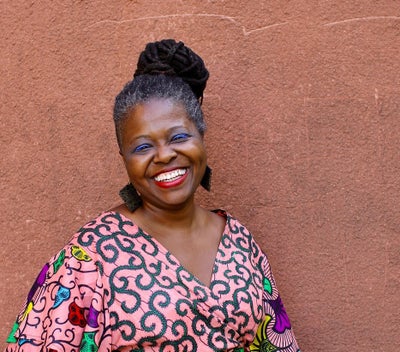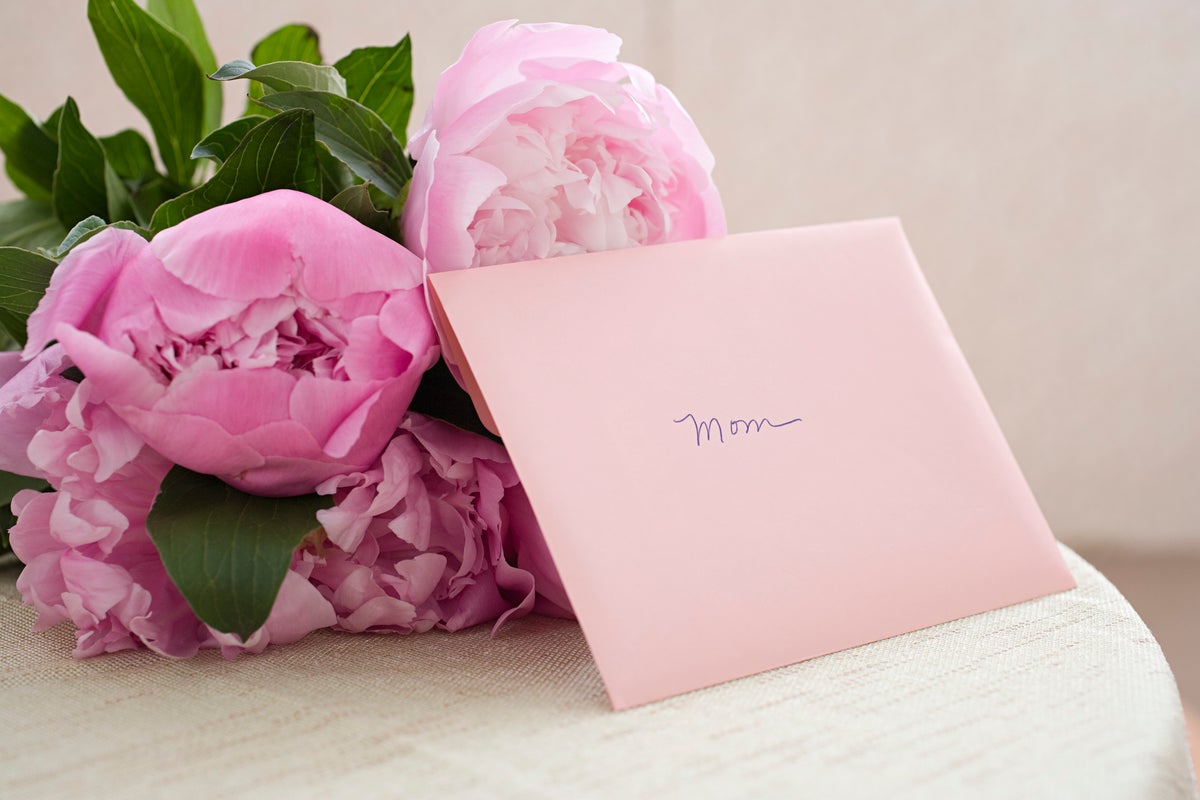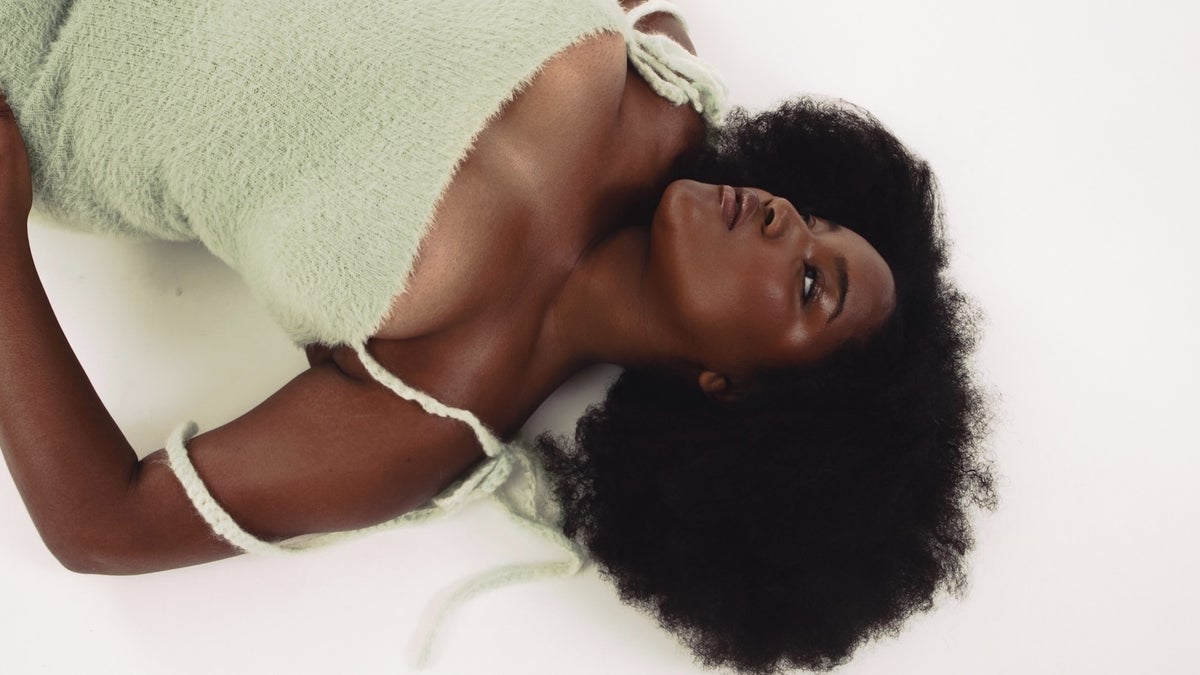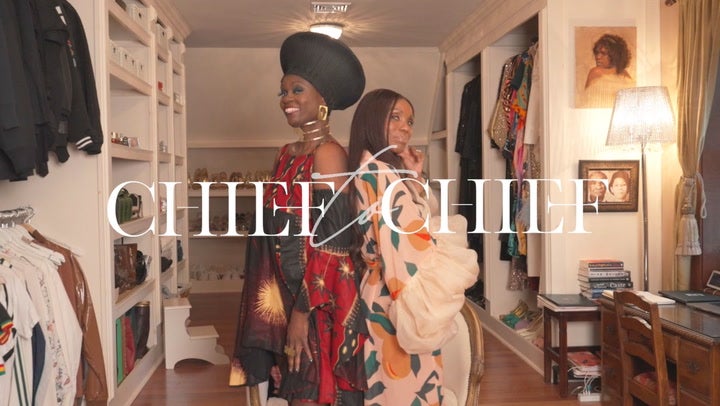
April 11-17 is Black Maternal Health Week. These stories regarding the health of women during pregnancy, childbirth, and the postpartum period are to commemorate the work being done to improve the birthing experiences of Black mothers in this country.
According to recent data released by the CDC, the nation’s maternal death rate rose significantly yet again. The rates among Black women are more than twice as high as those of White women, leaving some Black women concerned about becoming pregnant and giving birth at hospitals. A solution for some expectant mothers has been to divest from a “traditional” hospital care model to instead, enlist the help of midwives or doulas who look like them for care.
Midwives are trained healthcare providers who exercise care to support mothers and newborns before, after, and during childbirth. Although Black midwives make up only seven percent of the total certified nurse-midwives/certified midwives in the U.S., these professionals prove themselves to be pillars of strength and comfort and serve as a refuge for mothers and parents in need. As Black women continue to face birth equity barriers, midwifery is a beacon of light and an escape from societal and healthcare-related factors contributing to rates of poor health outcomes and Black maternal mortality in this country. But despite the importance and benefits of midwifery care, these providers are often excluded from the U.S. healthcare system for various reasons, including structural racism and discrimination, causing Black women not to have access to quality, intimate, patient-centered, and affirming care from someone who understands their plight.
However, there are advocates in our community not only fighting to decrease the glaring statistics of the Black maternity mortality rates but are also educating others to understand how midwifery prioritizes the social and emotional health of mothers.
Tonya Lewis Lee, producer, writer, entrepreneur, and women’s health advocate, recently co-directed and co-produced AFTERSHOCK, an award-winning documentary that follows the deaths of two Black women in childbirth and those seeking justice. Additionally, she served as a spokesperson for an infant mortality awareness campaign out of the U.S. Dept. of Health and Human Services. Lee believes women’s and infants’ health are interconnected. “When you talk about infant health, you’re really talking about a woman’s health. The United States has some of the highest infant and maternal mortality rates, and there’s is inequity and disparity regarding race,” she tells ESSENCE.

Jeanine Valrie-Logan, the leader in residence at Chicago Beyond, founder of Chicago South Side Birth Center Initiative, midwife, and co-author of Illinois HB 738 in 2021, which expanded access to birth centers across Chicago, agrees with Lee. “I love midwives. The United States is unfortunate because midwives have been eradicated from women’s health care. And what we see is in other countries where midwives are integrated into women’s health care, there are better birthing outcomes,” she states.
We talked with both community activists about the importance of midwifery concerning the Black maternal health crisis.
ESSENCE: Why do you think there are still these troubling statistics regarding Black maternal health?
Tonya Lewis Lee: I would say that, unfortunately, the truth is that we live in a very racist society. Even medical schools teach future doctors and specialists that Black women or Black people don’t have pain the same way white people do. It’s insane. So, that’s what we’re up against; we’re up against a society that continues to dehumanize the Black body. And therefore, often, the treatment we receive is too little too late.
ESSENCE: How can Black midwifery solve the maternal health crisis in the United States?
Jeanine Valrie-Logan: I think midwives are powerful and could be so helpful to women’s health in general. Midwives sit with mothers to understand what’s happening; they often come to you, as opposed to you having to travel to them, which is important for women who have multiple children, don’t have transportation, can’t get to a doctor, or they’re in a situation where there’s not a lot of health care available. Midwives spend time with you to understand your life and how many children you have and determine how all those factors may or may not impact you. They are there to be a guide and wait for the baby to come on its time instead of rushing them in through the way a lot of modern medicine does. Midwives could be truly helpful to all of us.
Why do you think midwifery is considered taboo or controversial?
Lewis Lee: If you look at history, midwives, historically on slave plantations in the United States, were very powerful people. They kept the workforce healthy, they brought the wealthy workforce here, and they were well paid. Post-slavery during Reconstruction, midwives, again, were centers for the community and they made money. And I think modern medicine and men, in particular, wanted to know, first of all, what are these women up to? What are they really doing? And they also realized there was an economy, so they wanted that money.
So they took the economy of midwifery from many Black women, inserted themselves, and started a campaign to vilify midwives. Saying things like midwives are dirty when it was the doctors who were dirty. Midwives always knew how to wash their hands and sterilize things. But when modern doctors came in, they were working in hospitals with cadavers, and then they would go straight from the cadaver to the pregnant woman and end up killing her.
But they flipped the script and said that midwives were the ones who were dirty, not the doctors. The powers that be launched a campaign that, to this day, has people in the United States afraid of midwives because they don’t understand what midwives do or their role in our society. And it’s a goddamn shame.
What are some birth equity barriers Black women face?
Valrie-Logan: I’m thinking of policies. A hot-button issue right now is Roe v. Wade. A lot of those communities where there have been stronger anti-abortion laws are only going to increase disparities in maternal and infant child health. In my state, we have to change policies to get birth centers started. The birth centers are limited and aren’t run by Black, indigenous people of color. There are educational barriers, like a systemic campaign to eradicate midwives. So many people don’t even know that they have midwives in the community or know what one is.
Right. It’s really important for our readers to understand the benefits of going through with a Black midwife. And can you speak to how midwives prioritize mothers’ social and emotional health, which subsequently leads to lower infant mortality rates and improved maternal and mental health?
Valrie-Logan: One of the beautiful things about midwifery is its evidence based, but it’s also an art. I don’t know a Black midwife who isn’t committed to Black communities and advancing our health outcomes. When I see new patients, I’m exploring how they are about the pregnancy and how they’re feeling about those relationships that will support them during pregnancy. What do they have access to? Do they have food? Do they have housing? Are they safe, you know, in their community? Are they safe in their relationships, that they’re safe in their home, and do we have the ability to spend more time with people and provide more education?
I’m also establishing a relationship with people before they even want to have or think about having children and working on plans for the best outcome for their pregnancies.
We do home visits, see their babies and provide breastfeeding support. All of that work really looks like having the time and the space and understanding what barriers exist in our communities. I say all the time, I’m exactly the women I provide care for. I’ve had my lights cut off, problems completing school, and sometimes I wouldn’t have transportation to work.
So I’m exactly the people who I’ve seen. I think that’s also helpful in navigating the needed resources. I have that lived experience that other non-Black midwives wouldn’t have. I also have the capacity to support women in that situation.
Lewis Lee: You asked me, Dominique, why midwives have been so vilified. And as you listen to Jeanine, they are community activists by nature. When Jeanine gets her birthing center, she can help the women in the community become a little more self-sufficient or aware of what’s available. She can bring the resources, but that challenges the power structure. Unfortunately, the goal is to keep us disparate, unable to know the resources available, so what the midwife does is problematic. I hate to get too political about it, but I think that’s the truth. She’s a little dangerous because of her power.
Donate to the Chicago South Side Birth Center here.







